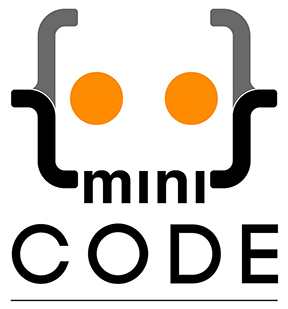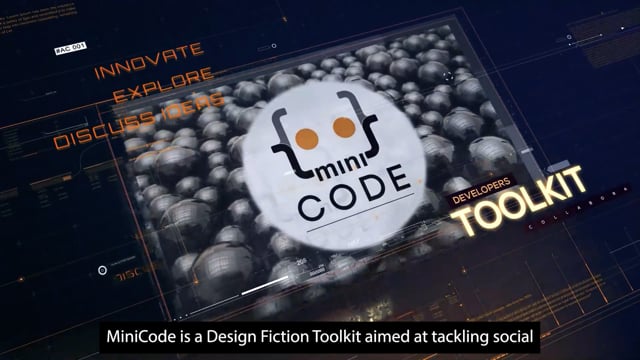Minicode
Alessio Malizia (PI), Silvio Carta (Co-I), Tommaso Turchi (RA)
Project Summary
 Algorithmic social justice - designing algorithms including fairness, transparency, and accountability - can help expose, counterbalance, and remedy bias and exclusion in future algorithmic-based decision-making applications. We propose to tackle algorithmic social injustice in society by developing a Design Fiction Toolkit (DFT).
Algorithmic social justice - designing algorithms including fairness, transparency, and accountability - can help expose, counterbalance, and remedy bias and exclusion in future algorithmic-based decision-making applications. We propose to tackle algorithmic social injustice in society by developing a Design Fiction Toolkit (DFT).
Design fiction is an interdisciplinary method that can allow participants to generate scenarios (e.g. storyboards) to expose potential bias and reflect on mitigation strategies. By using scenario-based design, design fiction prototyping can provide opportunities to reveal aspects of how technology will be adopted. Therefore, design fictions are a tool to investigate implications, ramifications, and effects of technology in the future.
Supporting Partners
Publications
Malizia, A. and Carta, S., 2019. Science fiction could save us from bad technology. The Conversation.
Malizia, A. 2019. Design fictions to mitigate social injustice in possible futures. Ubiquity.
Malizia, A. and Carta, S., 2020. Co-Creation and Co-Design Methodologies to address Social Justice and Ethics in Machine Learning. ACM SIGCHI Italy.
Malizia, A., Chamberlain, A., Willcock, I.: From design fiction to design fact: Developing future user experiences with proto-tools. In: International Conference on Human-Computer Interaction. pp. 159–168. Springer (2018)
Contacts
For enquiries, contact minicode.info@herts.ac.uk
Funding
MiniCode has been funded through the UKRI Not-Equal NetworkPlus project.
Grant number: RES/0550/7461/199 - NE2.001
